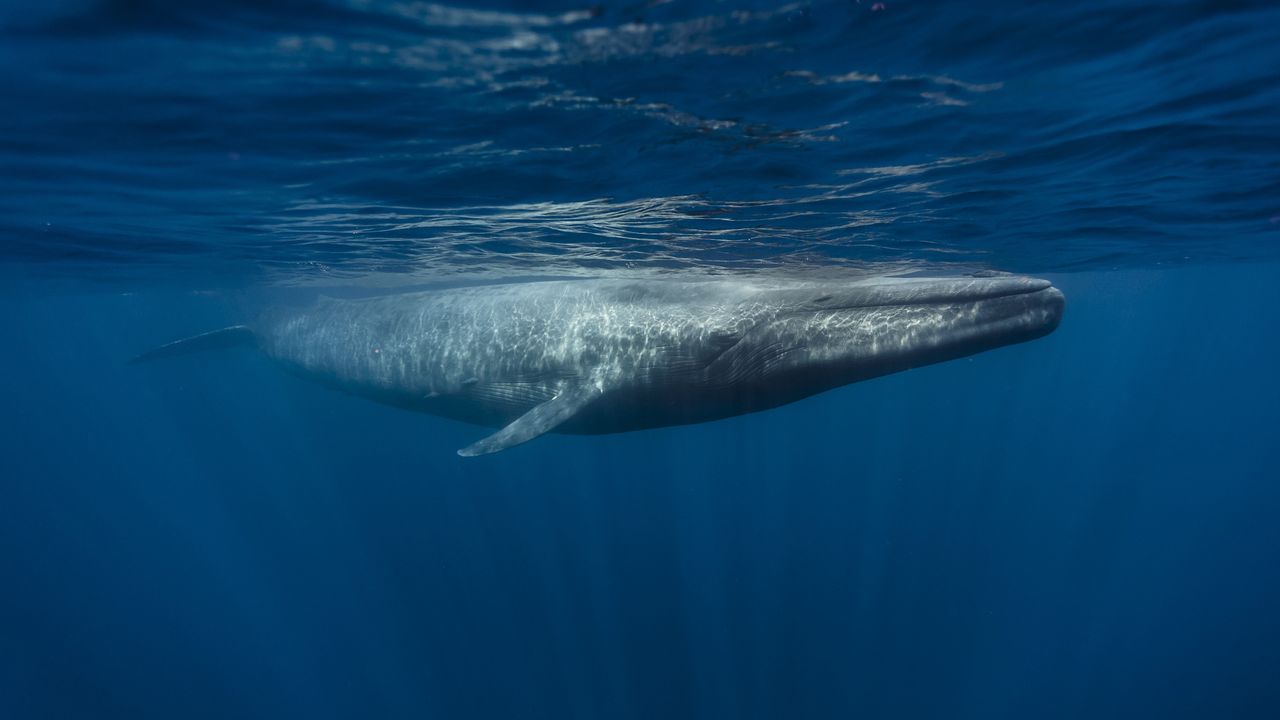Now Reading: Blue Whales Aren’t Going Silent Off California-Here’s the Truth
-
01
Blue Whales Aren’t Going Silent Off California-Here’s the Truth
Blue Whales Aren’t Going Silent Off California-Here’s the Truth

Quick Summary
- Key Findings: A six-year study revealed that blue whales sing less when food is scarce but increase their singing during periods of sufficient food availability. their singing fluctuates based on prey abundance, mainly krill.
- Study Details: Conducted between 2015 and 2021 in the Monterey Bay National Marine Sanctuary using hydrophones to record songs from blue, humpback, and fin whales. Data correlates whale song frequencies with marine ecosystem health.
- Impact of Marine Heatwaves: Extreme heatwaves like the 2015 event (“the blob”) disrupted the ecosystem, causing starvation among whales and a reduction in songs. Singing increased as temperatures cooled and ecosystems recovered.
- Species Differences: Blue whales rely solely on krill for sustenance while humpback whales adapt by switching to fish (anchovies/sardines), making them more resilient, with a consistent rise in singing noted over time.
- Correction of Media Narrative: Contrary to some reports claiming blue whales are going silent, findings show they were heard more frequently toward the study’s end than at its beginning.
Indian Opinion Analysis
This study underscores critical links between marine ecological health and animal behavior while correcting misconceptions about declining whale vocalizations. For India-a nation with a vast coastline-the findings reinforce awareness around climate change’s tangible impact on ocean ecosystems. Marine heatwaves tripling over decades highlight the urgent need to address warming oceans through global cooperation. India’s own biodiversity hotspots could face parallel challenges affecting species reliant on specific prey sources.
Additionally, understanding behavioral adaptability like humpback whales’ resilience may offer insights into conserving India’s unique aquatic fauna amidst environmental stressors. Strengthening research capabilities akin to hydrophone-based monitoring could empower India’s marine conservation strategies further.

























